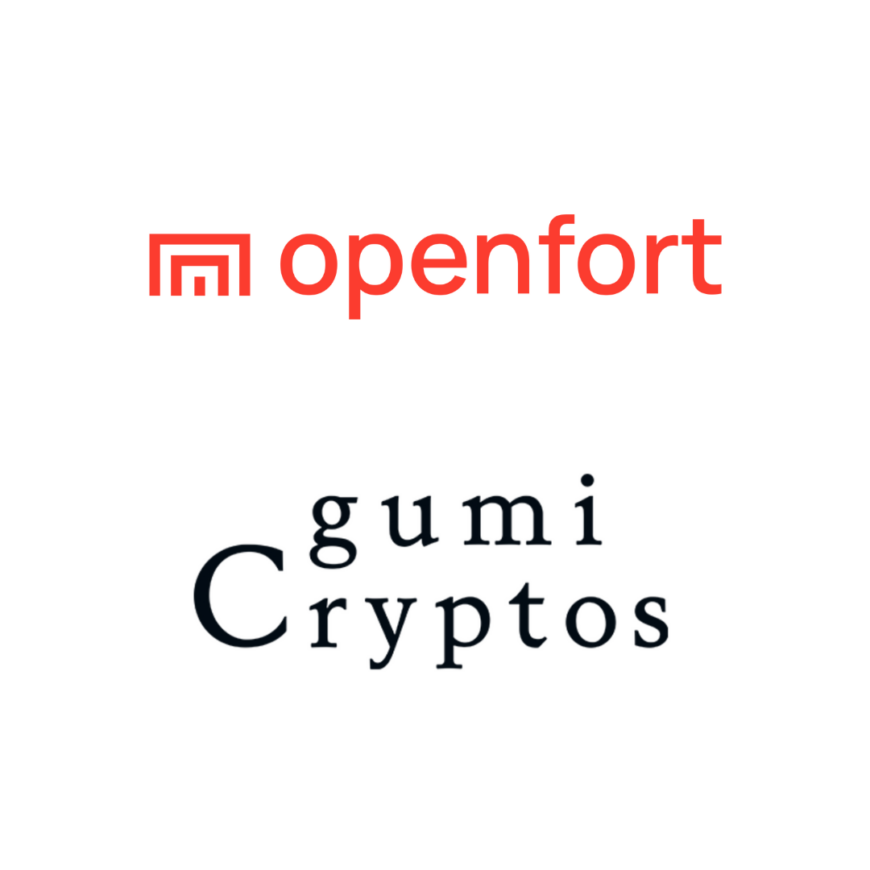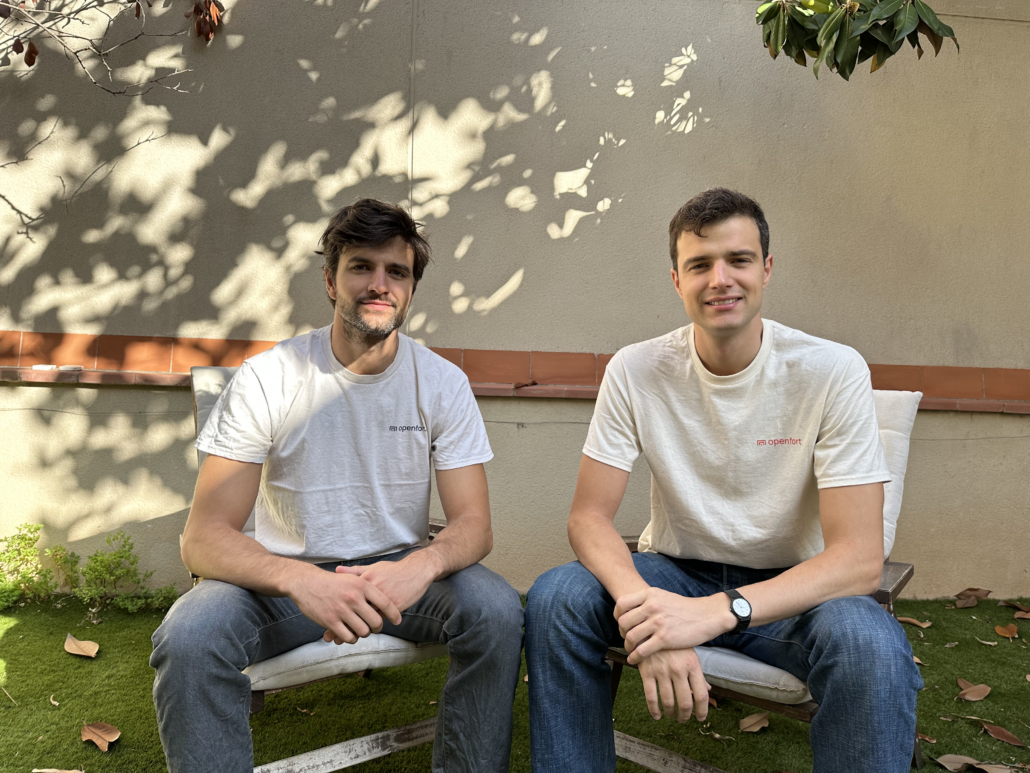
World-class team pursuing a programmable vision for web3 gaming account abstraction and wallet management
Thesis
In 2022, 7.6B of venture investment went into web3 gaming. Despite the decline of the first wave of play-to-earn games like axie infinity and the full-throated rejection of Ubisoft’s Ghost Recon NFT, our view is that gaming is fundamentally an entertainment business, and the primary reason users will play is for entertainment–and that users will pay money as they always have for skins, in game items and we feel these in the future will be implemented using NFT technology to provide benefits like ownership, anti-counterfeiting, exchange and secondary market and item history and provenance.
We continue to believe that gaming, an industry with 3.7 billion worldwide users will be the earliest and largest catalyst for mass adoption of web3 technologies.
Investing in horizontal technologies in gaming can be challenging, however. The history of gaming is one where very large hit games are net exporters of horizontal technology with a few rare exceptions. The Unity game engine came out of a rather unsuccessful game “Gooball” in 2005. But the timing of the idea of a cross-platform game engine in the mid-2000s with the 2007 introduction of the iPhone was very fortuitous. The other major success factor for Unity is that game engines are a very deep and sticky technology. Often, a successful game is incentivized not to pay money to its vendors, but to replace them and further to build their own platform for both technology and distribution.
So ideally investing in horizontal game tech requires business timing, to find an area that games will not want to build by themselves, and an area that is sticky and hard for games to replace. Given that wallet technologies are ideally at least in part inclusive of user self-custody (many web3 games are now using hybrid custody models including fully custodial beginner mode)–this makes the technology reasonably sticky.
Differentiation
The Openfort method for providing the technology to game developers is to maximize the programmability by providing account abstraction technology. This makes it very easy for developers to handle global account changes and account management in a flexible and powerful way. This approach makes OpenFort very developer-friendly and powerful.
Team
Openfort was founded by two brothers, Joan and Jaume Alavedra, both engineers who have worked separately on projects ranging from autonomous driving models to healthtech applications, market-making in finance, and encryption protocols. In 2022, prior to founding Openfort, the duo participated in and won crypto hackathons hosted by ETHOnline and Encode Club. Subsequently, they joined the PearX Accelerator to bring Openfort to production. Today, Openfort provides web3 games with the best technology foundation for managing and scaling crypto accounts for gamers.

Disclaimer
Information is provided for general educational purposes only. This presentation is not an offer to sell securities or a solicitation of offers to buy securities. Nothing contained herein constitutes investment or other advice nor is it to be relied on in making an investment decision. For more important information, please see disclaimer



